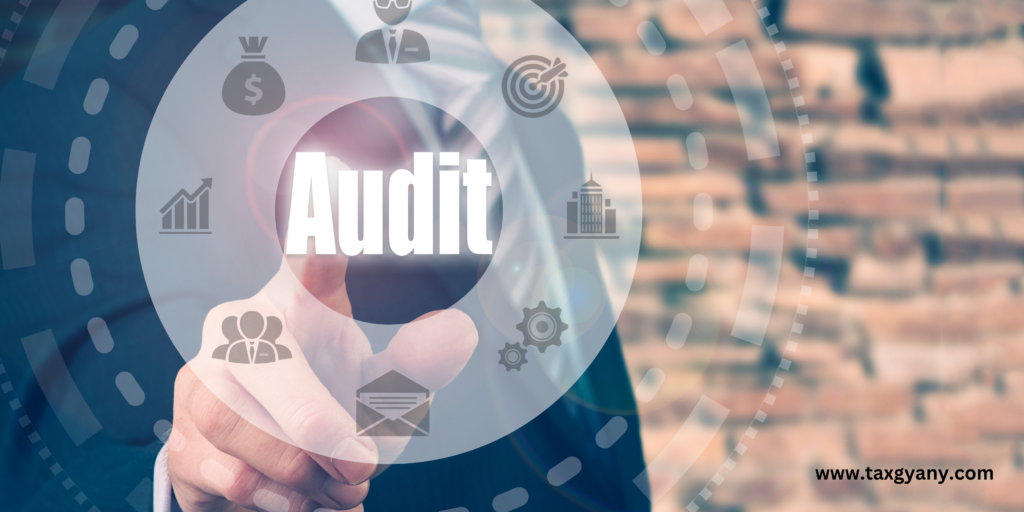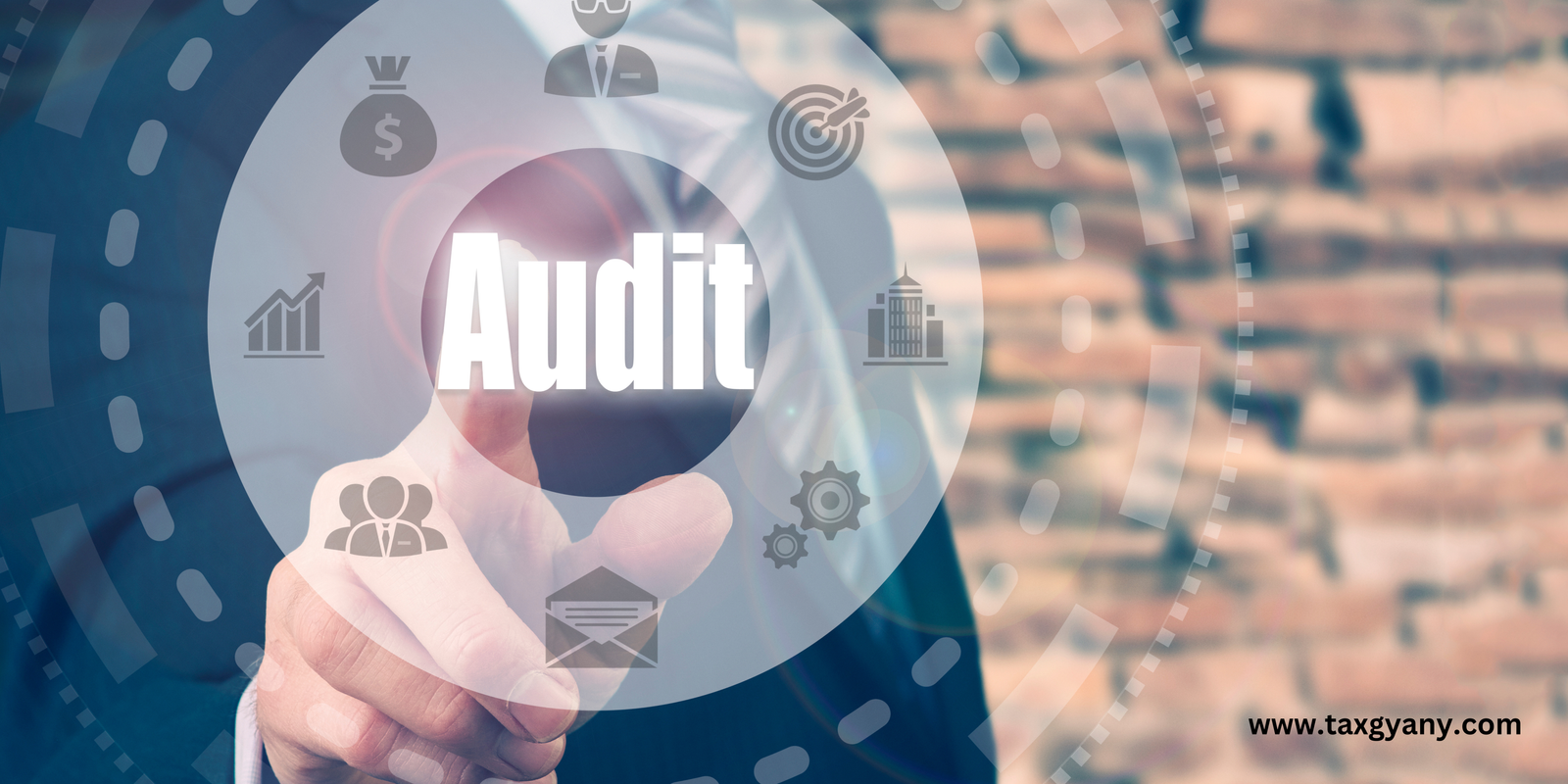The field of Audit Practice is undergoing a transformative shift driven by technological advancements and evolving methodologies. Innovation in audit practice is essential to enhance efficiency, effectiveness, and the overall value proposition of audit services. Here are some
Key Areas where innovation is making a significant impact:
- 1. Data Analytics and AI:
The integration of data analytics and artificial intelligence (AI) is revolutionizing audit processes. Advanced analytics tools can process large volumes of data quickly, allowing auditors to identify patterns, anomalies, and trends that may not be apparent through traditional methods. AI-based algorithms can automate routine audit tasks, such as data extraction and analysis, freeing up auditors to focus on more complex and strategic aspects of the audit.
- 2. Remote Auditing:
The COVID-19 pandemic accelerated the adoption of remote auditing practices. Technologies like video conferencing, cloud-based collaboration platforms, and secure data sharing tools have enabled auditors to conduct audits remotely, overcoming geographical barriers and reducing operational costs. Remote auditing also offers flexibility and scalability, allowing audit teams to adapt to changing circumstances more effectively.
- 3. Blockchain Technology:
Blockchain technology is being explored for its potential to enhance audit trail transparency and data integrity. By leveraging blockchain, auditors can verify the authenticity of transactions and ensure the accuracy of financial records in a decentralized and tamper-resistant manner. This can significantly reduce the risk of fraud and errors in financial reporting.
- 4. Continuous Auditing and Monitoring:
Traditional audits are often conducted periodically, providing a snapshot of an organization’s financial health at a specific point in time. Continuous auditing and monitoring, enabled by real-time data access and automated controls, allow auditors to provide ongoing assurance on key processes and controls. This proactive approach to auditing can help organizations identify and address issues more promptly.
- 5. Integrated Auditing Frameworks:
Integrated auditing frameworks, such as the Three Lines of Defense model, aim to align internal audit functions with risk management and compliance activities. By integrating these functions, organizations can achieve a more holistic view of their risk landscape and ensure that audit efforts are strategically aligned with business objectives.
- 6. Focus on Cybersecurity Audits:
With the increasing frequency and sophistication of cyber threats, there is a growing emphasis on cybersecurity audits. Auditors are incorporating cybersecurity risk assessments and controls testing into their audit processes to help organizations strengthen their cybersecurity posture and protect sensitive data.

Audit Practice Challenges in India for Chartered Accountants
As Chartered Accountants (CAs) in India, navigating the complex landscape of audit practices is both challenging and crucial. With the evolving regulatory environment, technological advancements, and changing business dynamics, CAs face a myriad of challenges that demand adaptability and expertise. In this article, we delve into some of the key challenges faced by CAs in India’s audit practice and explore strategies to overcome them.
- Regulatory Compliance
Challenge: Keeping abreast of the latest regulatory changes and ensuring compliance with statutory requirements is a perennial challenge for CAs. The intricate nature of Indian tax laws, accounting standards, and auditing guidelines adds complexity to the compliance landscape.
Strategy: Regular training sessions and continuous professional development (CPD) programs are essential to stay updated with the latest regulatory developments. Leveraging technology for compliance management and engaging in proactive communication with regulatory bodies can also mitigate compliance risks.
- Technological Integration
Challenge: The rapid digitization of financial processes and the emergence of advanced technologies like artificial intelligence (AI) and data analytics are transforming the audit landscape. CAs need to adapt to these technological advancements to enhance audit efficiency and effectiveness.
Strategy: Investing in robust audit software that integrates AI and data analytics can streamline audit procedures, improve accuracy, and provide valuable insights. Embracing cloud-based solutions for data storage and collaboration can also enhance efficiency and flexibility in audit operations.
- Quality Assurance
Challenge: Maintaining high-quality audit standards amidst increasing complexities and evolving business models is a significant challenge. Ensuring independence, objectivity, and ethical conduct in audits is crucial for upholding professional integrity.
Strategy: Implementing rigorous quality control measures, conducting peer reviews, and adhering to international auditing standards (IAS) can enhance the quality of audit services. Continuous monitoring and feedback mechanisms can further refine audit practices and uphold professional standards.
- Client Relationship Management
Challenge: Building and sustaining strong client relationships while maintaining independence and integrity in audits can be challenging. Balancing client expectations with regulatory requirements requires effective communication and negotiation skills.
Strategy: Developing a deep understanding of client businesses and industry dynamics can foster trust and credibility. Regular communication, transparency in audit processes, and providing value-added services beyond compliance requirements can strengthen client relationships.
https://www.bajajfinserv.in/insights/a-step-by-step-guide-to-starting-a-new-ca-firm
Conclusion
In conclusion, navigating the challenges in India’s audit practice requires CAs to embrace continuous learning, technological innovation, and adherence to ethical standards. By staying abreast of regulatory changes, leveraging technology for efficiency, maintaining high-quality standards, and nurturing client relationships, CAs can overcome these challenges and excel in their audit practices. innovation in audit practices is reshaping the audit profession, offering opportunities to enhance audit quality, efficiency, and relevance in a rapidly evolving business environment. Embracing technological advancements, adopting new methodologies, and staying abreast of industry trends are essential for auditors and organizations seeking to leverage innovation to drive value and maintain trust in the audit process.
for more information: https://taxgyany.com/product-category/income-tax-return/

